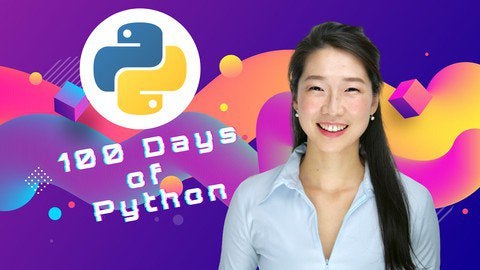Path to Programming
As someone who enjoys building products from scratch, whether it be cutting boards or apps, there has always been a frustration where I felt limited in what I could understand and accomplish. Although I know product managers have their own role in a development team, when it comes to building personal projects, it gets trickier without a dev lead supporting you.
With that in mind, I decided to learn programming. I don’t necessarily intend to become a developer, but I wanted to be able to prototype my ideas and write simple programs without relying on others. So I might not be on a full path to programming, but more on a sidetrack... Then, after some research and comparison of coding languages, I decided my language of choice would be… 🥁🥁🥁… Python!

But why Python and not another language? Because:
- Python is easy to learn, very popular and has tons of libraries and documentation available
- Python is good for web scraping and data analysis, which are things I will most likely do rather than building pretty user interfaces
- Python skills are recurrent in product manager job postings that have data analysis responsibilities
- There was a great deal on a well-made course on Udemy and I love great deals
How I am learning Python
I have been learning on Udemy with 100 Days of Code: The Complete Python Pro Bootcamp. The title says it, it is a course with classes and exercises for 100 days. I enjoy the format: the videos are made with a daily progression in mind and the exercises are relevant, with solutions well explained. Additionally, the IDEs used, such as Coding Rooms provides auto-grading and instant feedback to improve your code. This is particularly useful in early lessons where you are applying concepts you just learned for the first time.

The bootcamp suggests that you commit to going through one class day of about 1 hour, everyday. The reality is that one class takes at least 3 hours after the first few days, especially when you try to write the code without looking at the solution. I originally thought I could do at least 2 days worth of class in a single sitting but I ended up splitting the exercices of one class throughout multiple days... 😥
It is a challenging commitment but going through it showed me the value of being consistent while learning. I actually felt real satisfaction each day after seeing my code functioning, from the FizzBuzz exercice to building a Blackjack game.
After doing 20 days out of 80 (the last 20 days are project ideas without classes), reaching the intermediate section, I felt I had enough to start building a program. I then decided to try out my new skills on a new interface for the smart mirror I had at home (read blog post here).
At this point I figured I could do the classes by picking and choosing the concepts I wanted to learn next for my projects. It removes a bit of pressure from my learning and I get to learn the concepts by using them on an actual product I want to build. I still recommend for a beginner to go through the beginner section entirely before selecting classes.
I will keep on learning with the bootcamp but I have been putting more effort into articulating all the projects I want to build as well as my schedule to realize them. I hope I will get to show them to you soon.
Data analysis is kinda fun
I have always steered away from data analysis, because...hum... it's someone else's job...? But after seeing so many job postings of product managers that required knowledge of Python and SQL I said to myself "Gee, product managers are asked so much nowadays, I don't want to do that job anymore" 🚪.
And that's the end of this story. Thank you, goodbye...

Ok, in all seriousness, I did start looking into data analysis, and the great news is that Le Wagon offers free workshops about it (I swear I'm not paid by them for the promo). With no previous knowledge on the subject, I felt they are giving a good introduction to the tools and libraries commonly used. At least, I now have basic knowledge on:
- Jupyter notebook
- Pandas library
- Matplotlib library
- Seaborn library
- SQL
I must say it is fun to transform huge tables into pretty violin plots to have a better view of data. Additionally, I'm glad I'll be able to use my new knowledge of Python for a different type of project.
BUT, for now I choose to spend my next project building a product I have been thinking about for a long time (no, I won't tell you what it is). I will postpone my quest to learn data analysis until this project is done because I might actually be able to practice with the data I collect from it.
In the meantime, if you have tips for me on ways to learn efficiently or what path to take to learn data analysis as a product manager, please share them with me.